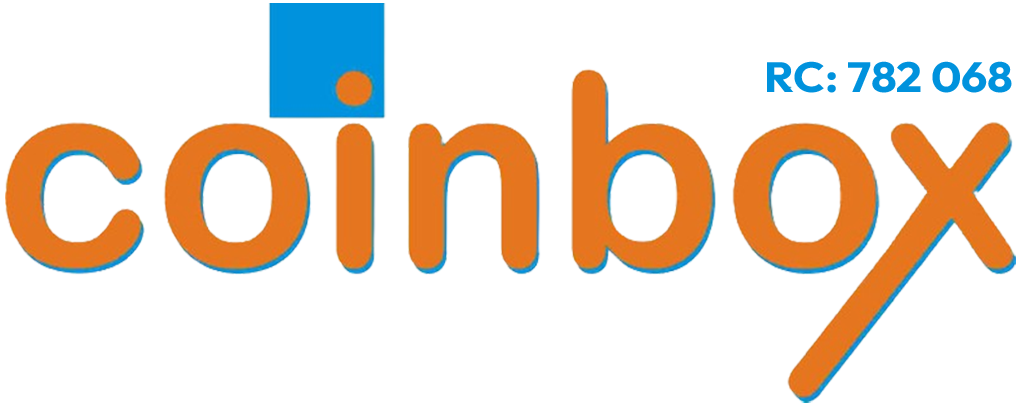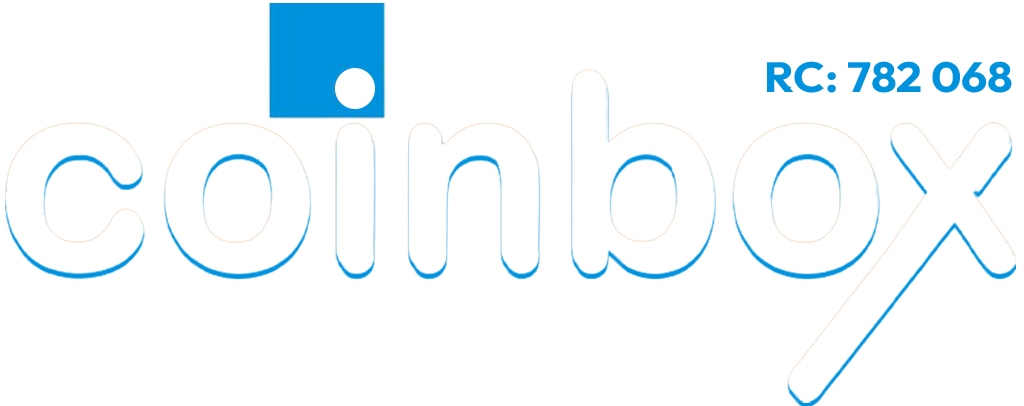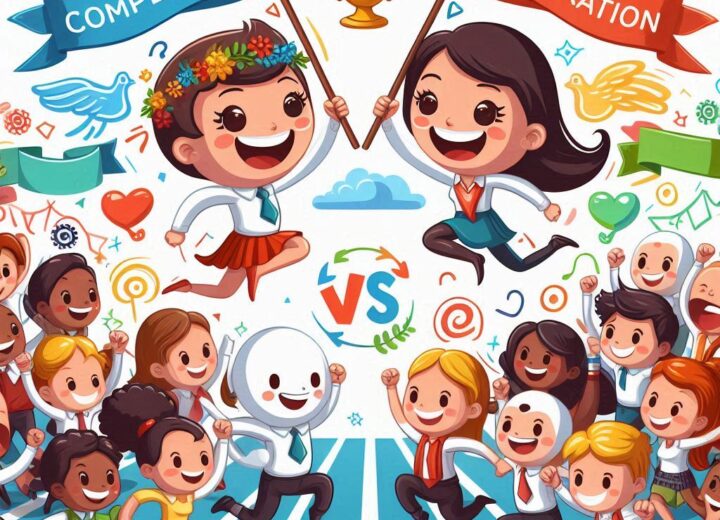The Future of Recruitment: How AI and Automation Are Changing the Game
As a recruitment manager, I’ve seen firsthand the impact of AI and automation on our industry. From resume screening to candidate sourcing, these technologies are streamlining our processes and improving our results. In this newsletter, we’ll explore the benefits and challenges of AI and automation in recruitment and discuss how these technologies are changing the game.
The Impact of AI and Automation on Recruitment
AI-powered tools can quickly scan resumes, identifying top candidates based on keywords, skills, and experience. Automation platforms can analyze job descriptions and automatically source candidates from various channels. These technologies are also streamlining the interview scheduling process and providing more comprehensive insights into candidate skills and fit.
For example, AI-powered chatbots can now conduct initial screenings and answer candidate questions, freeing up recruiters to focus on more strategic tasks. Automated email and messaging systems can also ensure that candidates receive timely updates and communications, improving the overall candidate experience.
How AI and Automation are changing the recruitment landscape
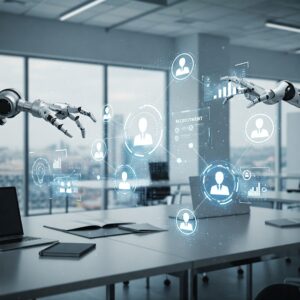
AI and automation are profoundly reshaping the recruitment landscape, impacting various stages of the hiring process and the roles of recruiters. Here’s a breakdown of the key changes:
- Enhanced Efficiency and Speed:
- Automation of Repetitive Tasks: AI and automation tools handle time-consuming tasks such as resume screening, job posting, interview scheduling, and sending automated candidate communications. This frees recruiters to focus on more strategic activities. For example, AI-powered Applicant Tracking Systems (ATS) can scan thousands of resumes and shortlist candidates based on predefined criteria in minutes, a task that would take human recruiters’ significant time.
- Faster Time-to-Hire: By streamlining and automating various steps, the overall time it takes to fill a position is significantly reduced. Studies have shown that companies using AI in recruitment have experienced a substantial reduction in time-to-hire. For instance, one case study reported an 85% reduction in recruitment time using AI.
- Improved Candidate Sourcing and Outreach:
- Wider Talent Pool Access: AI-powered tools can scan vast databases, job boards, and social media platforms to identify potential candidates, including passive candidates who are not actively looking for jobs. This expands the reach of recruiters beyond active applicants.
- Targeted and Personalized Outreach: AI can analyze candidate data and behavior to personalize job recommendations and outreach messages, making the communication more relevant and engaging for potential hires. This can significantly improve response rates.
- Chatbots for Initial Engagement: AI-driven chatbots can interact with candidates 24/7, answering their queries, providing information about job roles and the company, and guiding them through the initial stages of the application process. This enhances the candidate’s experience and reduces the workload of recruiters for basic inquiries.
- Data-Driven Decision Making and Reduced Bias:
- Objective Candidate Evaluation: AI algorithms can analyze candidate profiles based on skills, experience, and qualifications, reducing the influence of unconscious biases that can occur in manual screening processes. This can lead to more diverse and equitable hiring outcomes.
- Predictive Analytics: AI can analyze historical hiring data and employee performance metrics to predict which candidates are most likely to succeed and have a longer tenure in a specific role. This helps in making more informed hiring decisions and reducing turnover.
- Skills-Based Hiring: AI tools can identify and assess candidates based on specific skills and competencies required for a role, moving beyond traditional reliance on job titles and past employers. This allows for a broader pool of potentially suitable candidates to be considered.
- Enhanced Candidate Experience:
- Faster Communication and Feedback: Automated systems can provide timely updates and feedback to candidates throughout the recruitment process, improving their perception of the company, even if they are not selected.
- Personalized Interactions: AI can facilitate personalized communication and tailor the recruitment process to individual candidates’ needs and preferences, making them feel more valued.
- Evolving Role of Recruiters:
- Shift to Strategic Activities: With AI handling administrative and repetitive tasks, recruiters can focus on more strategic aspects of talent acquisition, such as building relationships with candidates and hiring managers, understanding organizational needs, and developing talent strategies.
- Focus on Human Interaction and Cultural Fit: While AI can assess skills and experience, recruiters retain the crucial role of evaluating a candidate’s cultural fit, communication skills, and other qualitative aspects that are essential for team cohesion and organizational success.
Data Interpretation and Technology Management: Recruiters need to develop skills in interpreting data insights from AI tools and effectively managing and utilizing these technologies to their full potential.
Benefits of AI and Automation in Recruitment
The integration of AI and automation in recruitment offers numerous benefits, including:
- Increased efficiency: Automated processes save time, reducing the administrative burden on recruiters.
- Improved accuracy: AI-powered tools minimize the risk of human error, ensuring more accurate candidate matching.
- Enhanced candidate experience: Automated communication and scheduling tools provide a more seamless and personalized experience for candidates.
- Data-Driven insights: AI analytics offer valuable insights into candidate behavior, preferences, and performance, informing future recruitment strategies.
Challenges and Limitations
While AI and automation bring significant advantages to the recruitment process, there are also challenges and limitations to consider:
- Bias and fairness: AI algorithms can perpetuate existing biases if trained on biased data, potentially leading to unfair candidate selection.
- Job displacement: The automation of certain recruitment tasks may displace some jobs, requiring recruiters to develop new skills.
- Dependence on data quality: AI-powered tools are only as effective as the data they’re trained on, highlighting the importance of high-quality, diverse data sets.
- Maintaining the Human Touch: Recruitment is inherently a human-centric process, and over-reliance on technology can risk losing the personal connection and empathy that are important in building relationships with candidates.
- Transparency and Explainability: The decision-making processes of some AI algorithms can be opaque, making it difficult to understand why a candidate was or was not selected. Transparency and accountability in AI-driven recruitment are important for building trust with candidates.
The Future of Recruitment
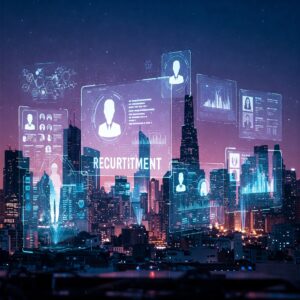
As AI and automation continue to evolve, it’s essential for recruitment professionals to adapt and leverage these technologies to improve their processes. By embracing AI-powered tools and automation, recruiters can focus on high-touch tasks, develop new skills, and provide exceptional candidate experiences.
The future of recruitment is likely to be a hybrid model where AI and automation augment human capabilities, rather than replace them entirely. AI will continue to evolve, offering more sophisticated tools for talent acquisition, while recruiters will focus on the uniquely human aspects of hiring, ensuring a positive candidate experience and strategic alignment of talent with organizational goals. Trends to watch include:
- Hyper-personalization: Tailoring every aspect of the recruitment process to individual candidates.
- Increased use of augmented reality (AR) and virtual reality (VR): For virtual job fairs, interviews, and onboarding.
- AI-powered talent analytics: Providing deeper insights into workforce planning and talent management.
Emphasis on ethical and responsible AI: With a focus on mitigating bias and ensuring fairness in hiring.
In conclusion, AI and automation are transforming the recruitment landscape by increasing efficiency, improving sourcing, enabling Data-Driven decisions, enhancing candidate experience, and evolving the role of recruiters. While challenges exist, the integration of these technologies offers significant opportunities for organizations to attract, engage, and hire top talent more effectively in the modern workforce.
Get Ahead of the Curve with Coinbox Limited
Is your organization looking to stay ahead of the recruitment curve? At Coinbox Limited, we specialize in providing innovative recruitment solutions that leverage the latest AI and automation technologies. Our team of experts can help you:
- Implement AI-powered recruitment tools and platforms
- Develop Data-Driven recruitment strategies
- Improve candidate experience and engagement
- Enhance diversity and inclusion in your recruitment process
Contact us today to learn more about how we can help you find the best talent for your business. (https://www.coinboxlimited.com.ng) or email us at ayo@coinboxlimited.com.ng to discuss your recruitment needs.
Stay ahead of the competition and discover the future of recruitment with Coinbox Limited.
Share your thoughts:
How do you think AI and automation will change the recruitment landscape? Share your insights and experiences in the comments below!
Let’s connect:
Follow me for more insights and updates on the future of recruitment!
Share this newsletter:
Help spread the word about the impact of AI and automation on recruitment. Share this newsletter with your network!
